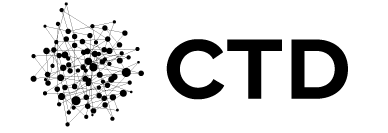Services
Circular Economy and Sustainability
Our ressources are under pressure from increased urbanisation and population growth, and even today, humans are consuming our resources faster than nature can replace them. The old linear economic model, which starts with the extraction of resources and end up as waste is no longer viable approach in a modern society. Instead, a circular economy is needed. Such a system promotes keeping materials and products in the economic cycle for as long as possible.
Circular economy is about rethinking business models and increasing the utilisation rate of resources over time, so natural resources are utilised as a minimum at the same rate as replaced.
How do we work? We help companies, institutions and organisations to innovate, explore and develop their products, processes and services. We stimulate, facilitate and drive innovation processes, and provide fresh and curious perspectives from a design thinking perspective. We always start by asking questions, to understand human needs in order to create sustainable and robust solutions.
Our current focus areas
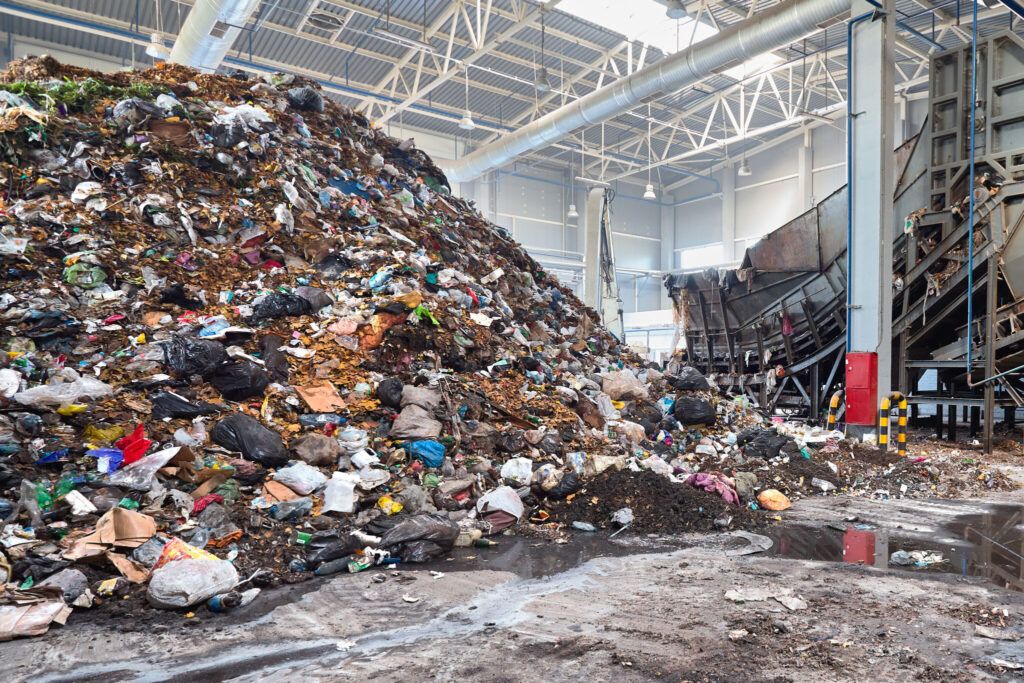
Waste
Denmark have a tradition of converting waste into energy by incinerating it. However, following increased resource scarcity, we have begun looking for better utilisation of resources. In both the EU and Denmark, there is a strong focus on finding new methods for preventing waste generation and efficient reuse and recycling techniques.
In CTD, we collaborate with companies and municipalities covering issues such as waste stream, waste optimisation, and resource utilisation amongst other.
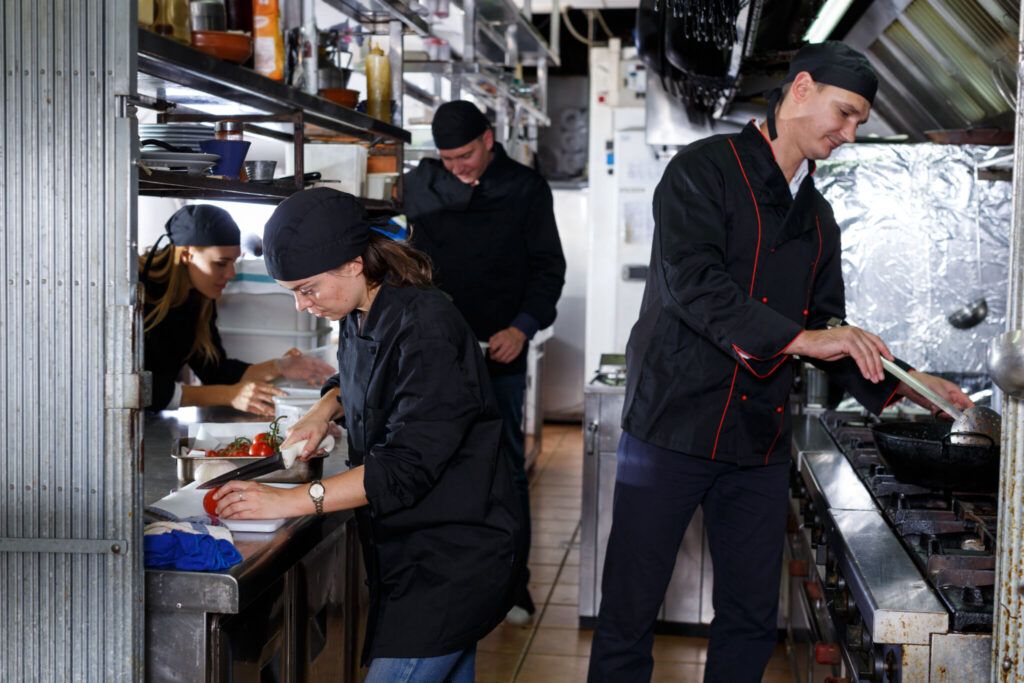
Food waste
In Denmark, 700,000 tons of food are thrown out every year. Food waste takes place throughout the food value chain – in cultivation and production, transport and handling in shops, as well as when preparing and serving in private homes, canteens and restaurants.
In CTD, we work with reducing food waste in different parts of the value chain, both from a product and production angle, as well as with a focus on the consumption stage and how individual consumers can be “nudged” to change habits.
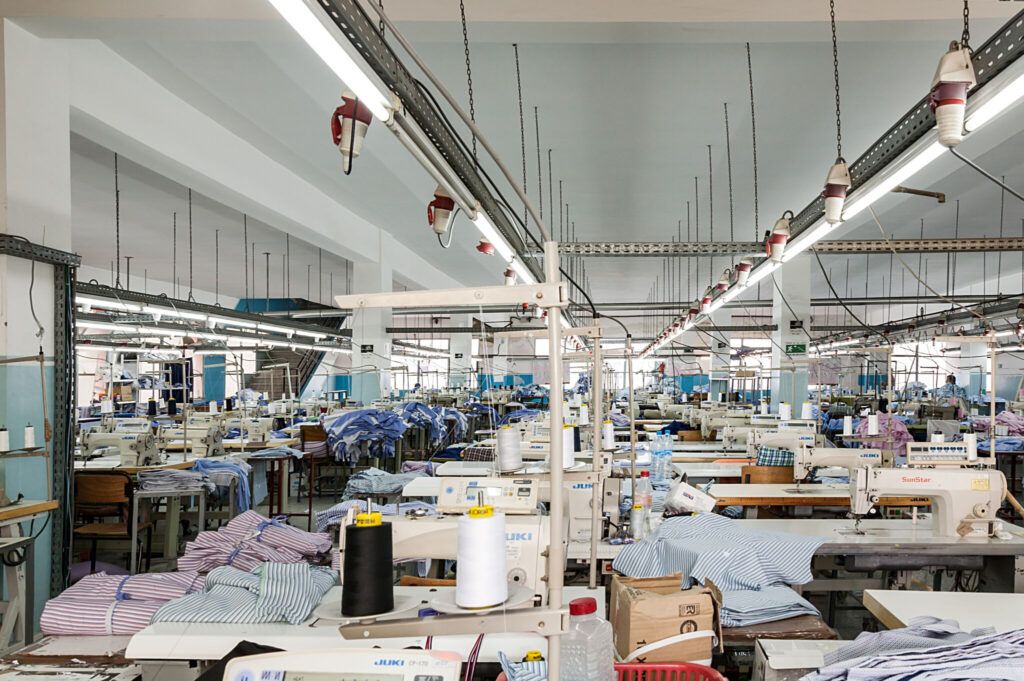
Textiles
Used textiles and textile waste have received increased attention in recent years, e.g. due to their apparent circular potential, which is currently far from being exploited. Simultaneously, the textile industry is among the most polluting sectors globally. Requirements are now being introduced for the collection of textiles in all EU countries from 2025. The EU requirements will be enforced in Denmark already from January 2022.
At CTD, we work with companies, organisations and municipalities to optimise the resource utilisation of all types of textiles, not just recycled clothing.
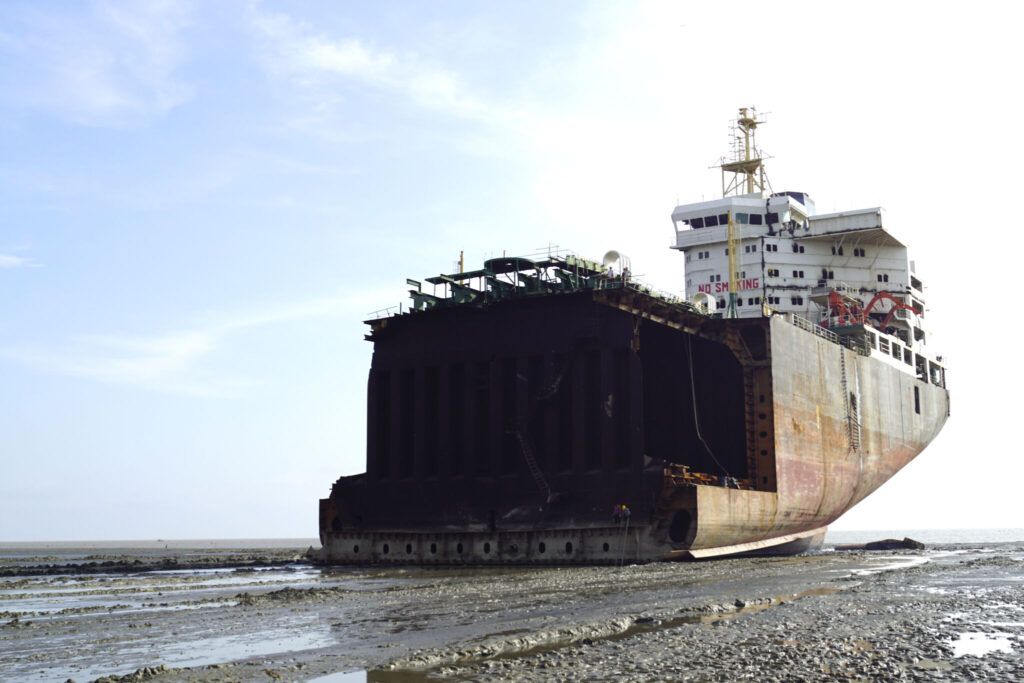
Ship Recycling
A considerable part of the world’s fleet is still scrapped under sub-standard conditions, though significant improvements are seen in Asia and Europe over the last ten years from increased focus from the IMO, the EU and a participatory approach from the companies engaged in the shipping sector.
CTD has more than 12 years of experience in hazardous materials in ship dismantling covering issues like strategy- and procedure development, cultural change management, environment, work environment and social issues. Over the years, CTD has worked with all stakeholders in the value chain.
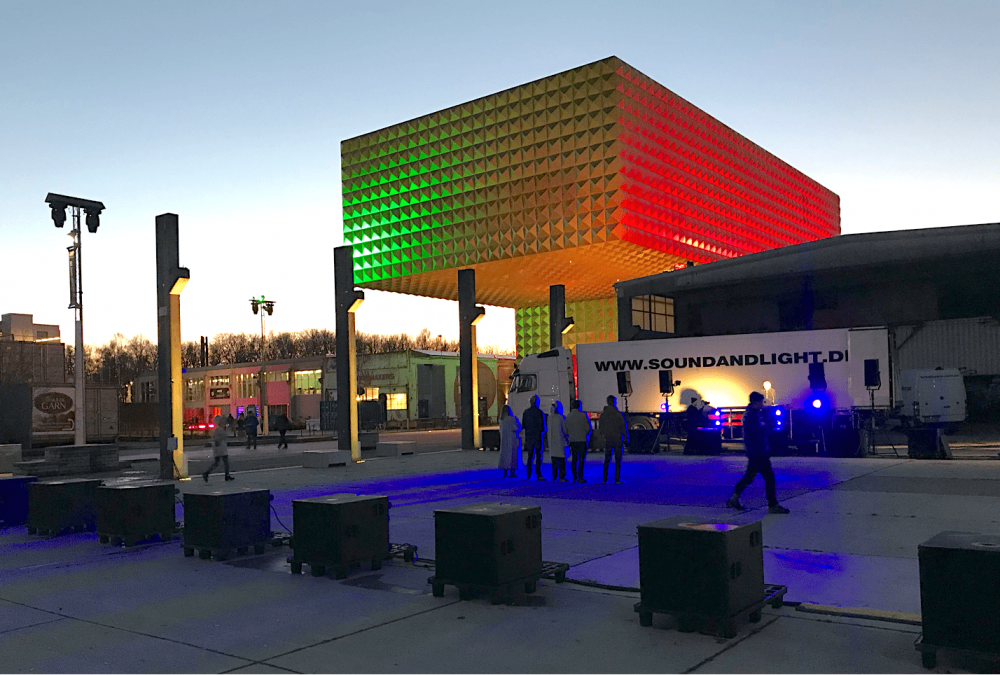
Showbiz
The active green consumer is on the rise and consequently the entertainment- and event industry has begun to focus on how and if their specific activities can become sustainable.
At CTD, we work with the industry to identify technological and digital solutions to the challenges.
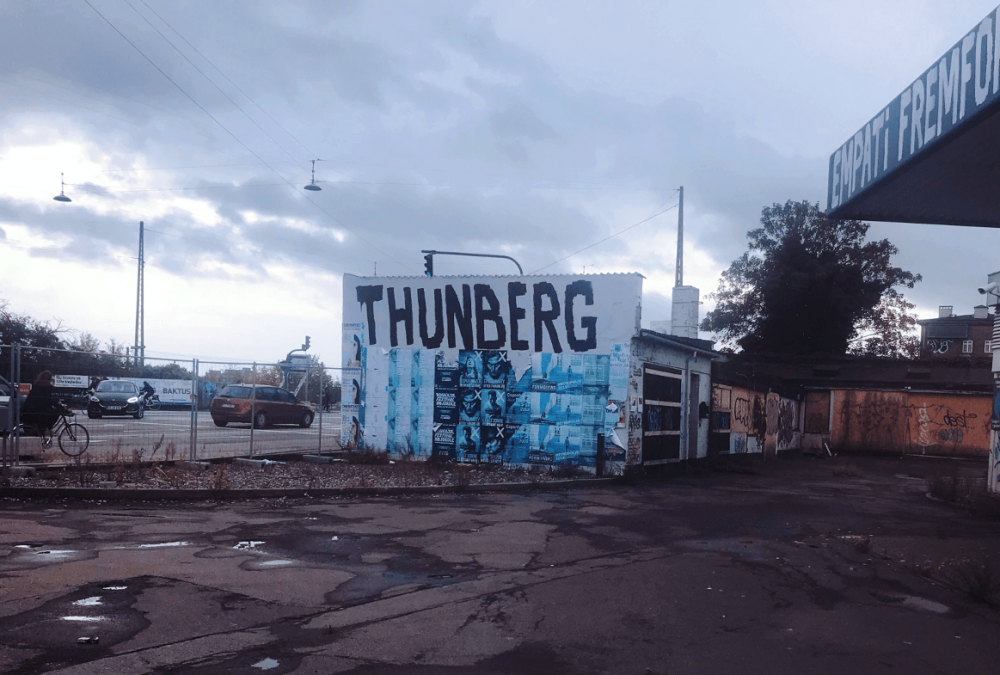
The Wild Card
Would you like sparring or need help with a project that deals with sustainability or circular economy? Feel free to contact us and come by for a cup of coffee at our office at Bülowsvej 5A, or on Microsoft Teams.
